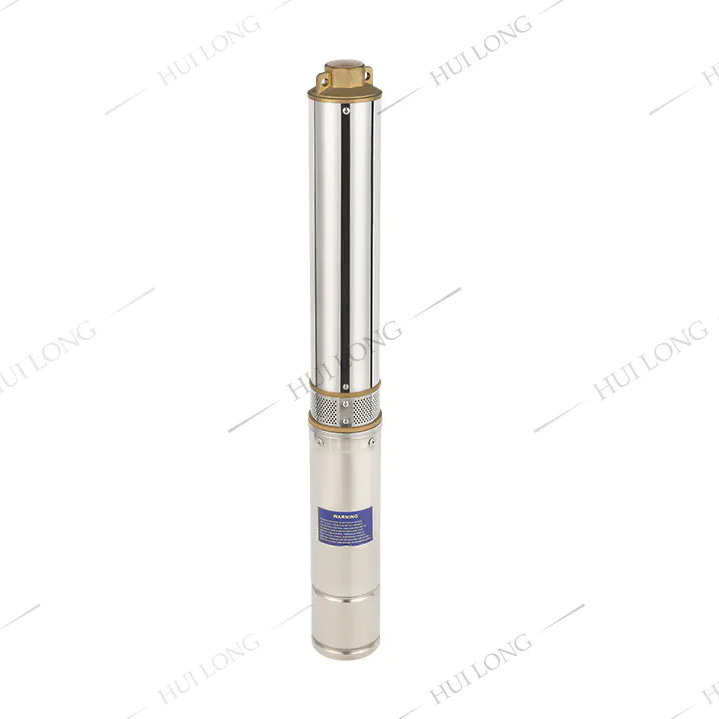A deep well pump is an essential piece of equipment for drawing water from underground sources, especially when the water table lies far below the surface. Its product performance is a crucial factor to consider for both residential and agricultural applications. A closer look at the core performance characteristics helps explain why this type of pump is a practical choice for deep water extraction needs.
One of the primary performance features of a deep well pump is its capacity to operate efficiently at significant depths. These pumps are specifically designed to function in wells where water is located well below ground level. By using a combination of motor power and hydraulic pressure, the pump delivers a consistent water supply, ensuring reliable performance even in demanding conditions.
Another valuable aspect is flow rate performance. Deep well pumps are engineered to maintain a steady water flow across various depths. Depending on the model and motor capacity, they can support different water demands, whether for household use, irrigation, or livestock. This steady delivery helps maintain system stability, reducing the risk of pressure fluctuations during operation.
Durability under continuous use is also an important part of the product’s performance. Deep well pumps are typically constructed with materials such as stainless steel or heavy-duty cast iron, which help resist wear caused by prolonged exposure to water and underground minerals. This ensures the pump continues to function effectively over time with minimal performance loss.
Energy efficiency plays a key role in the operational performance of a deep well pump. Many of these pumps are built with energy-saving motors or pressure control systems that help manage power consumption based on actual water demand. By adjusting motor speed or pump operation, the system can optimize energy use without compromising water output.
Temperature and pressure tolerance are equally significant. Deep well pumps are exposed to varying underground conditions, where water temperature and pressure levels may fluctuate. A well-designed pump maintains steady water extraction without performance dips, even when environmental factors shift. This ensures dependable operation during both light and heavy usage periods.
Ease of installation and maintenance also contributes to overall performance. Many deep well pumps are designed to fit standard well casings and come equipped with safety features like thermal overload protection or built-in check valves. These features simplify maintenance tasks and help extend the pump’s service life.
In conclusion, the deep well pump offers dependable product performance through consistent water delivery, depth capacity, energy efficiency, and durability. Its ability to operate effectively in challenging underground conditions makes it a reliable option for homes, farms, and industrial sites requiring a stable water source.
